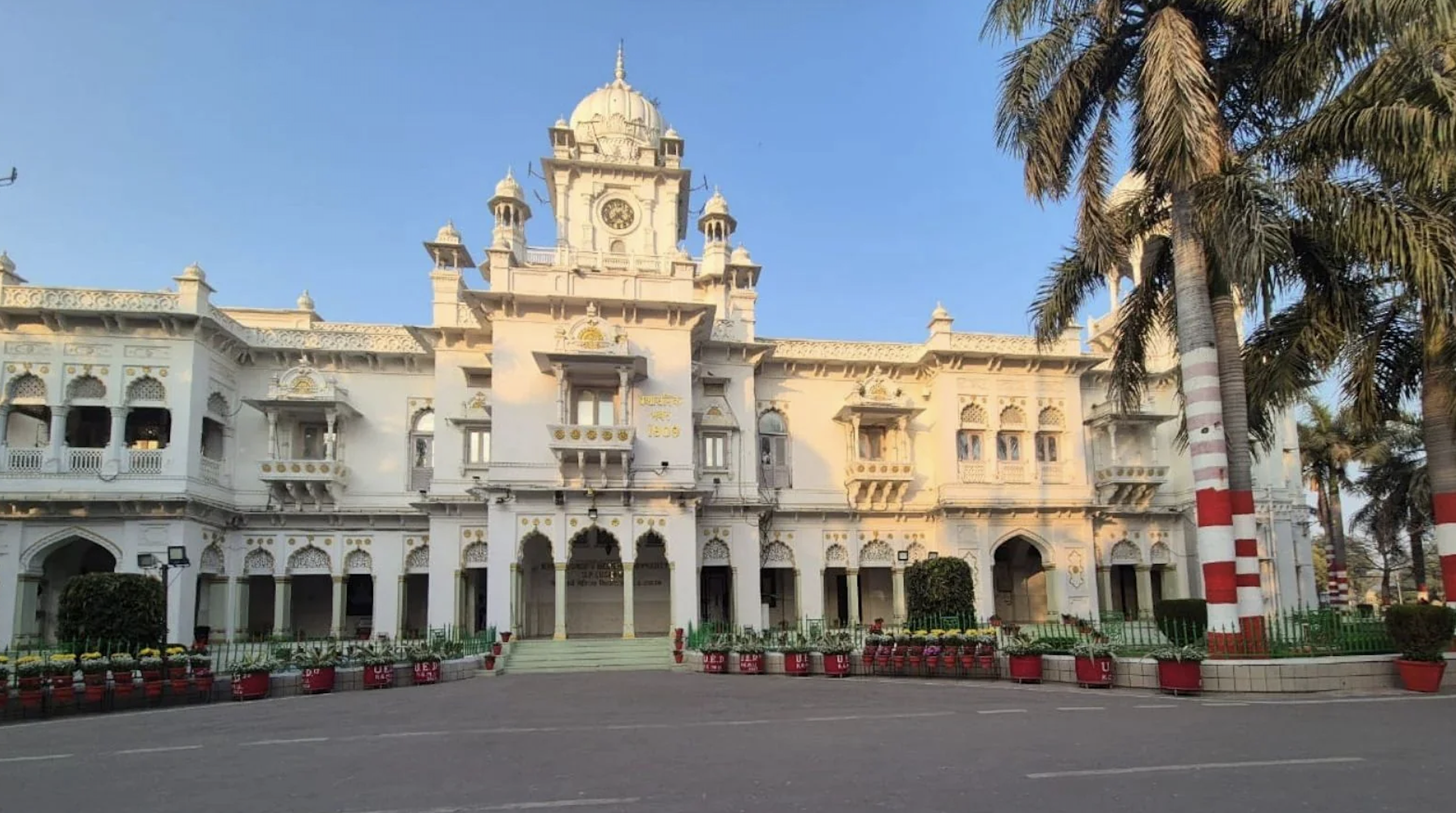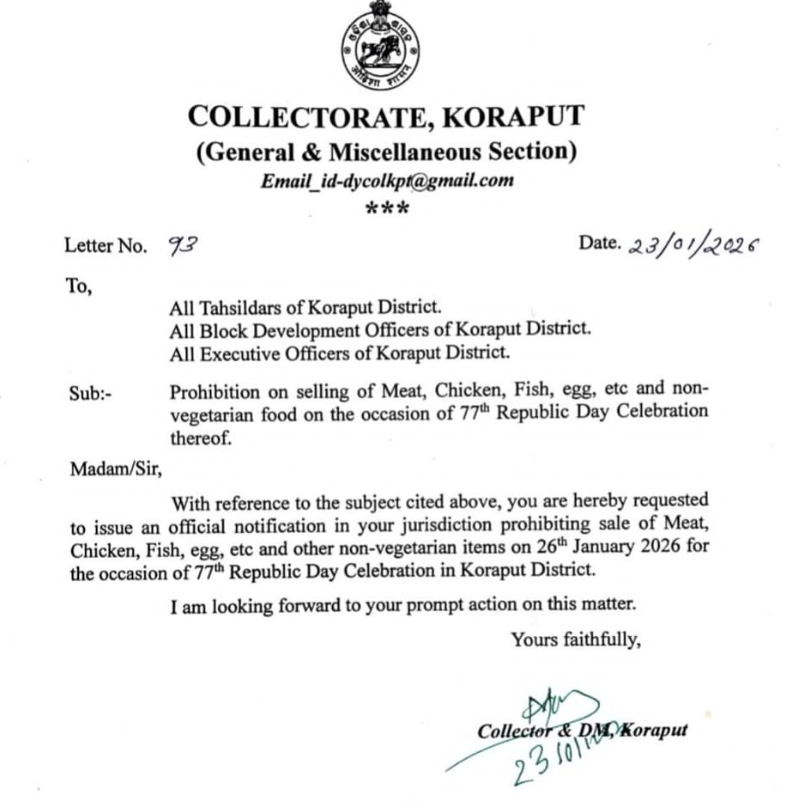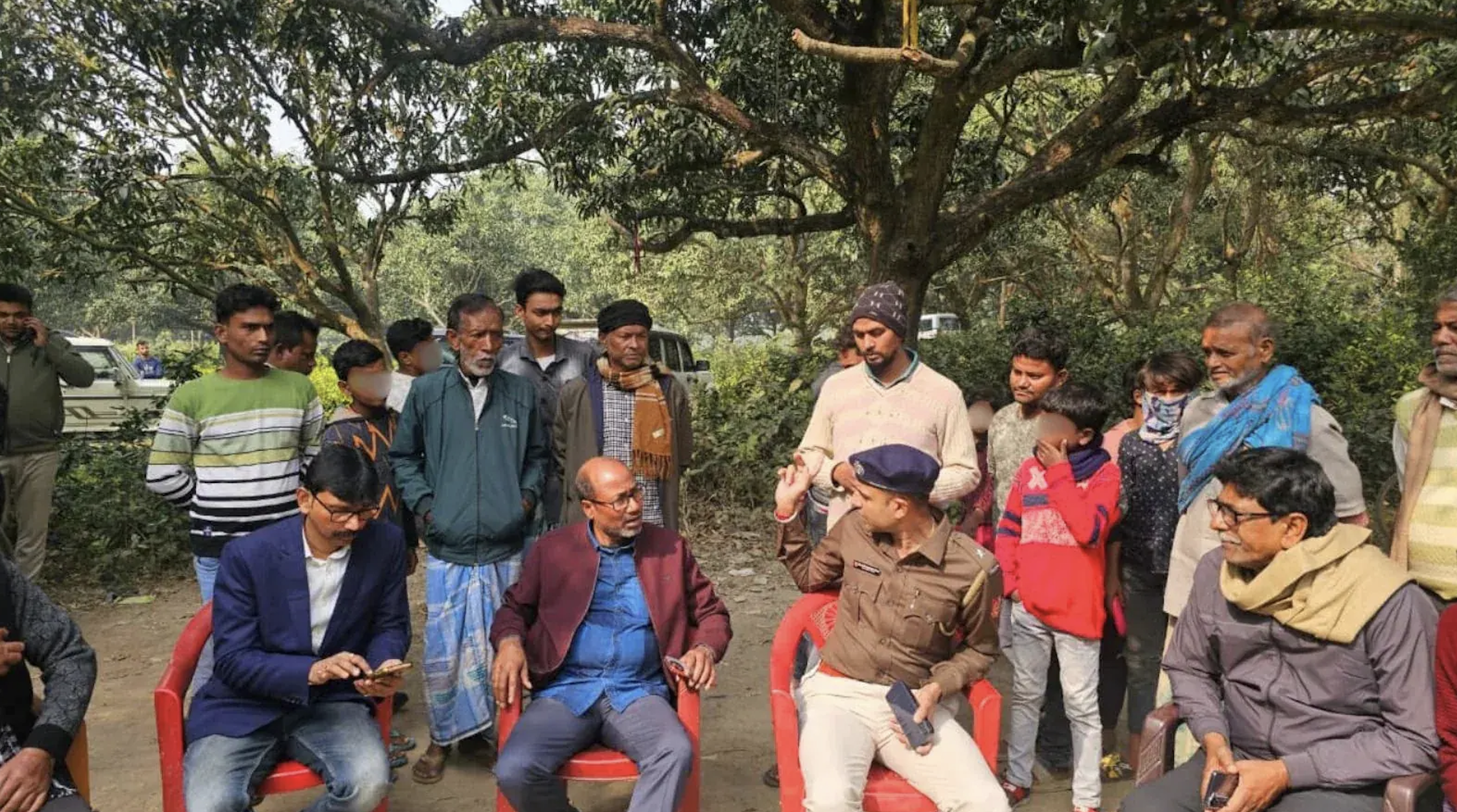
By Insiyah Vahanvaty
Imagine this: a 100-year-old bungalow, built by your great-grandfather – a quiet, serene place dedicated for decades to a single, noble purpose: Charitable work. Its doors have always been open to those in need, a haven of compassion and service. This isn’t just a building; it’s your family’s legacy, a responsibility passed down from your grandfather to your father, and eventually, to you.
Then, overnight, everything changes.
A new law. A deleted clause. A lone government official standing on a distant hill, raises his hand to his brow, surveys the land, and casually points. “That one,” he says. “I do not believe that land, or the property on it, was entrusted to you, or to the purposes you have dedicated it to.” With bureaucratic calm he declares the land to be government property. You are now an encroacher.From that moment forward, the land stops being under your guardianship. The state steps in and assumes control. And just like that, the bungalow cared for by your family for generations and used for goodwill, is no longer under your guardianship.
There is no due process. They say there will be an investigation. Eventually. They give you no date, no deadline. Until you hear from them, all you can do is wait. Outside. For you now require permission from the state to step into the building your ancestors built and tasked you with protecting.
Sounds dystopian? Not to Indian Muslims, for whom this is the lived reality under the Waqf Amendment Act – a piece of legislation that turns foundational principles of ownership, due process, and religious neutrality on their head.
Waqf, by its very definition, is a perpetual endowment to God – meant to benefit the community by providing services, such as education and healthcare. It is not “owned” by an individual. It is held in trust, safeguarded by a mutawalli (custodian), and protected – one would assume – by the state.
This story was originally published in aljazeera.com. Read the full story here.






